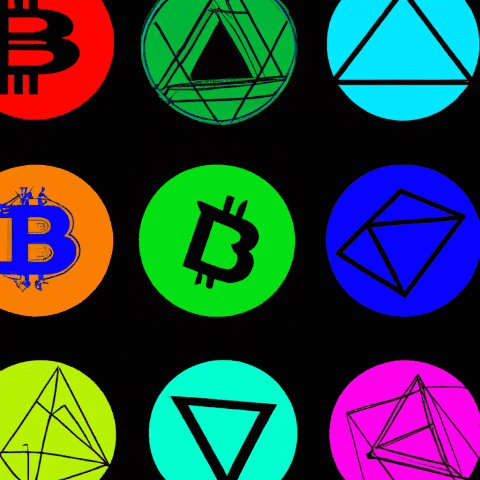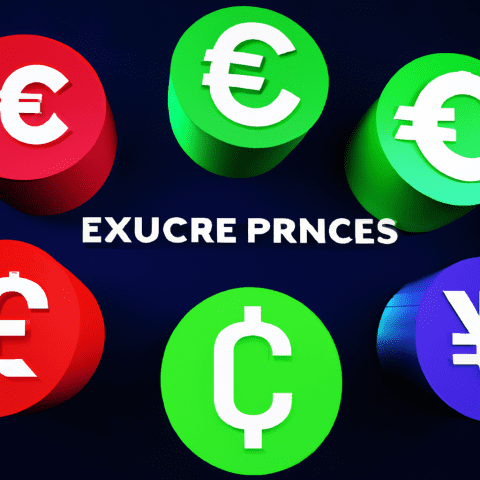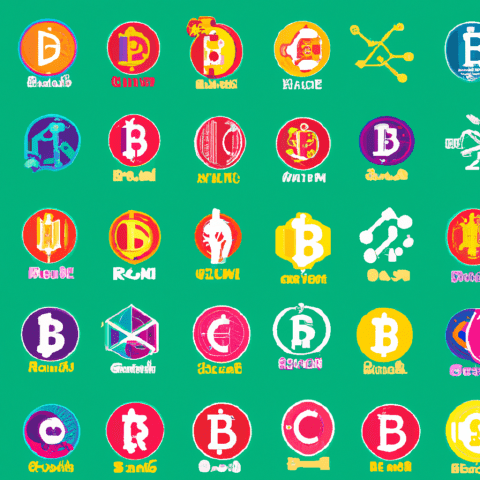In the ever-evolving world of cryptocurrency trading, crypto exchanges play a vital role in facilitating the buying and selling of digital assets. From centralized exchanges to decentralized platforms, the landscape is constantly changing to meet the demands of an expanding market. In this article, we will explore the different types of exchanges available, with a focus on decentralized exchanges (DEXs) and the growing trend of crypto swaps. We will delve into the benefits of DEXs, provide a beginner's guide to crypto swaps, and highlight some of the top DEXs to watch in the market. Whether you're a seasoned trader or a newcomer to the crypto space, understanding the evolving landscape of exchanges and swaps is essential for successful trading and maximizing liquidity. Join us as we navigate the world of crypto exchanges and delve into the exciting possibilities of decentralized trading.
1. "Exploring the World of Crypto Exchanges: From Centralized to Decentralized"
The world of crypto exchanges has evolved significantly over the years, offering users a wide range of options to buy, sell, and trade cryptocurrencies. One of the main distinctions in the crypto exchange space is between centralized exchanges (CEX) and decentralized exchanges (DEX).
Centralized exchanges, or CEXs, are platforms that operate under a central authority and typically require users to deposit their funds into the exchange's wallet. Examples of popular centralized exchanges include Binance, Coinbase, and Kraken. These exchanges offer high liquidity and a user-friendly interface, making them a popular choice for beginners and experienced traders alike. However, centralized exchanges are also susceptible to hacks and security breaches, as they store users' funds on a centralized server.
On the other hand, decentralized exchanges, or DEXs, operate on blockchain technology and allow users to trade cryptocurrencies directly from their wallets without the need for a central authority. DEXs provide users with more control over their funds and offer increased privacy and security compared to centralized exchanges. Some of the top DEXs in the market include Uniswap, SushiSwap, and PancakeSwap.
Decentralized exchanges have gained popularity in recent years due to their ability to provide users with a more decentralized and secure trading experience. Additionally, DEXs offer users the ability to participate in liquidity pools, where they can earn fees by providing liquidity to the platform. This has led to increased interest in decentralized finance (DeFi) and the growth of the DEX ecosystem.
Overall, whether you choose to trade on a centralized exchange or a decentralized exchange, it's important to do your research and understand the risks and benefits of each. Crypto exchanges play a crucial role in the cryptocurrency market, providing users with the ability to buy, sell, and trade a wide range of digital assets. As the crypto market continues to grow, we can expect to see more innovation and development in the exchange space, offering users even more options to access the world of cryptocurrencies.














